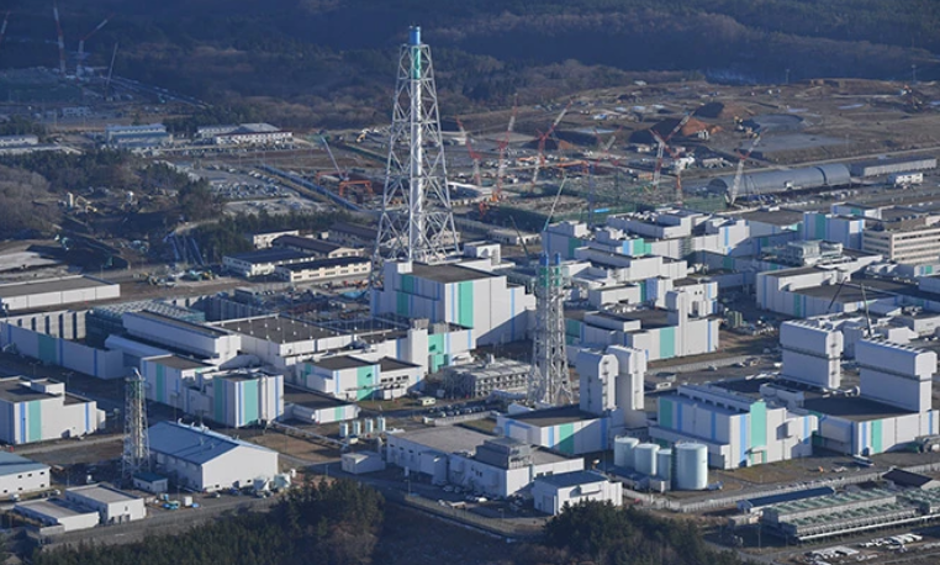The completion of Japan’s nuclear fuel reprocessing plant in Aomori Prefecture will be delayed by two years, according to senior officials with Japan Nuclear Fuel Ltd (JNFL), operator of the facility. This is the 26th postponement since the project started three decades ago. The new completion date will be in the first half of fiscal 2024.
Previously, completion was expected in the first half of fiscal 2022, but in September JNFL postponed this deadline without giving a new date. It said prolonged safety checks of the facility by the Nuclear Regulation Authority (NRA) had made it difficult to meet the schedule and agreed to provide a new deadline by the end of 2022.
“I apologise for the change to the previously promised completion date,” JNFL President Naohiro Masuda told Aomori Governor Shingo Mimura at the prefectural government office. Masuda said the delay resulted from NRA’s prolonged safety screening. “Sorting out what elements to enter in the application form and listing the equipment to be inspected have taken time,” he said.
JNFL now estimates that the NRA’s screening of the detailed design of the plant will take about a year, while checks of the plant will take four to seven months after it clears the safety standards. However, NRA has repeatedly criticised the company for its failure to submit the required documents for a safety assessment.
When construction of the plant began in 1993 it was expected to play a crucial role in Japan’s nuclear energy policy to reprocess used nuclear fuel from reactors across the country to extract uranium and plutonium for reuse. However, completion of the plant has been repeatedly delayed due to a series of equipment malfunctions and extended NRA safety screenings. A water leak was reported at a used fuel storage pool in 2001 and rainwater was found leaking into an emergency power source building in 2017. NRA decided to suspend screening of the plant in face of these and other safety flaws.
Although JNFL’s basic safety policy for the reprocessing plant met NRA’s new standards in July 2020, the facility’s design, submitted in December that year, is still being studied. NRA says data is still missing and the design contains insufficient precautions. In July 2022, equipment to cool highly radioactive waste fluid stopped working for eight hours.
The total cost of the project, including eventual decommissioning is now estimated at JPY14,400 billion ($108.4 billion). The construction cost was initially estimated at JPY760 billion yen and has now risen to JPY3,100 billion. Masuda has indicated the price may increase further.
Japan’s Federation of Electric Power Companies (FEPC) insists that the reprocessing plant is “indispensable for the continuous use of nuclear power plants”. Already some 3,000 tons of used fuel from plants around Japan is now stored at the reprocessing plant, which is almost reaching its capacity. Used fuel storage at NPPs is also around 80% full. A final repository for highly radioactive waste generated from reprocessing used fuel has yet to be identified.
